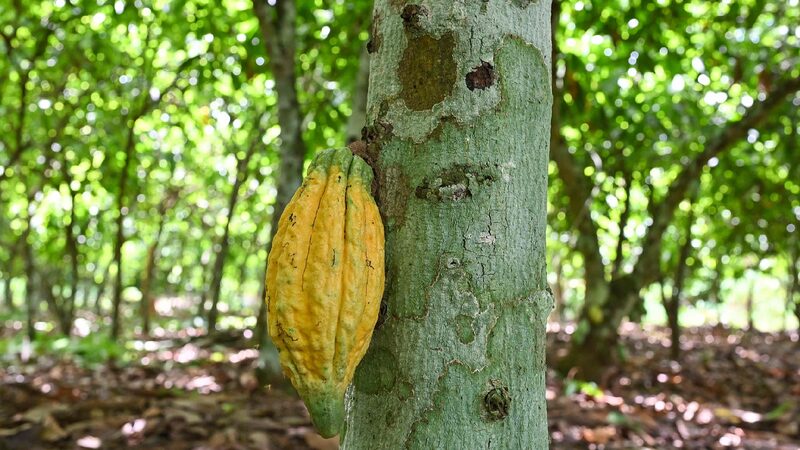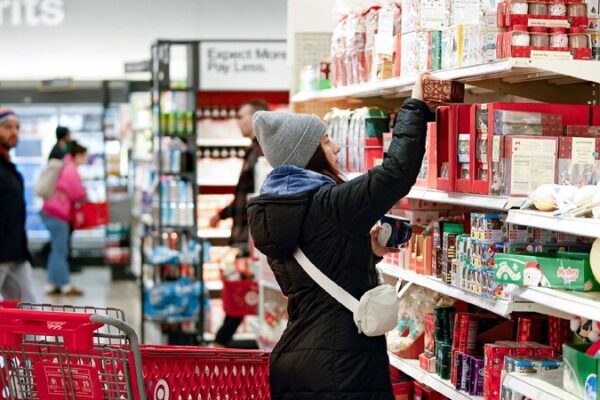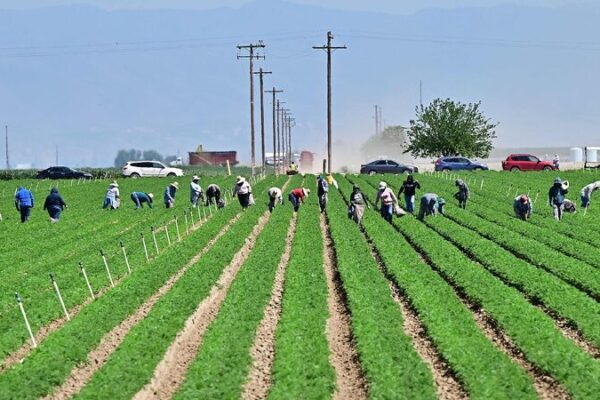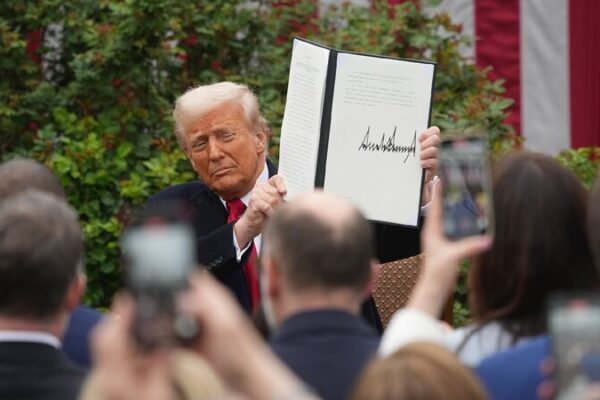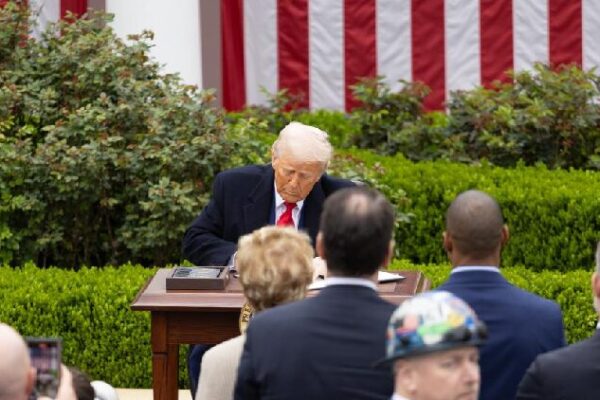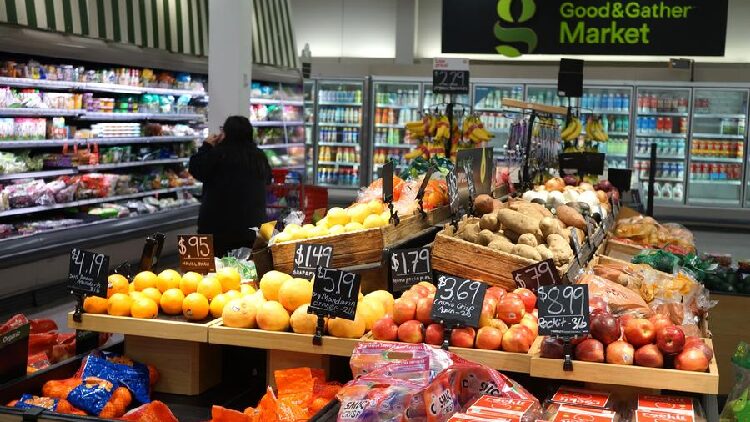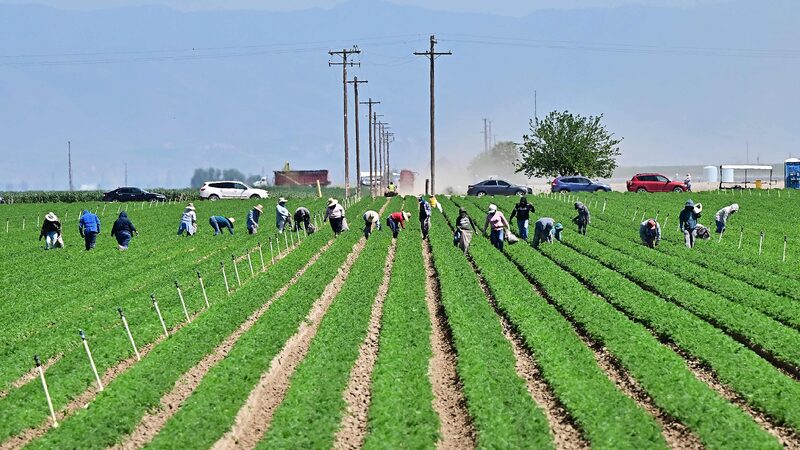Cocoa farmers in Côte d’Ivoire are bracing for tough times ahead as potential US tariffs threaten to disrupt their already struggling industry. The West African nation, known as the world’s largest cocoa producer, has long relied on cocoa to support its economy and provide livelihoods for millions of farmers.
Recent years have seen harvests hit hard by adverse weather conditions and plant diseases, leading to decreased yields and financial strain for those working the land. Now, the prospect of a 21% tariff on Ivorian products proposed by US authorities adds a new layer of uncertainty.
Although the implementation of the tariff has been suspended for a 90-day review period, local authorities warn that such a move could send cocoa prices soaring and slow down sales, further destabilizing the market. Côte d’Ivoire produces between 2 million and 2.5 million tonnes of cocoa annually, exporting around 200,000 to 300,000 tonnes to the United States, according to the Coffee and Cocoa Council.
For farmers like Amadou, who tends cocoa trees in the central region of Bouaflé, the news is troubling. “If we hear the American president is going to put a tax on the price of cocoa, it’s really not good for us, it doesn’t help us,” he said. “We’re already dealing with bad weather and problems with our crops. This just makes things worse.”
Cocoa prices in Côte d’Ivoire have been on the rise, partly due to insufficient and irregular rainfall affecting the quality and quantity of the harvest. The UK-based Energy and Climate Intelligence Unit reported a 32% increase in the price of cocoa imported into the UK over the last three years, attributing this to extreme weather conditions in key cocoa-producing regions.
The Ivorian government typically sets cocoa prices at the start of each season, aligning with global market trends. However, local prices are often lower than international rates, limiting farmers’ profits even as global prices climb. With the possibility of US tariffs on the horizon, authorities are considering adjusting cocoa prices to support farmers.
“Donald Trump’s customs tax is causing us problems. We are already feeling the effects,” said Boss Diarra, coordinator of the local cocoa farmers’ union in Bouaflé. He gestured towards unsold sacks of cocoa beans, evidence of the growing stockpile as buyers hesitate in the face of market uncertainty.
Experts like Bruno Marcel Iritié, a researcher at the Ivorian Félix Houphouët-Boigny Polytechnic Institute, suggest that if the US imposes tariffs, European markets may absorb the excess cocoa. “European customers will inevitably buy cheaper because when there is too much, the customer is king,” he explained.
However, relying on alternative markets may not fully offset the potential losses. As Côte d’Ivoire navigates these challenges, cocoa farmers remain hopeful that a solution will be found to protect their primary source of income. The situation underscores the vulnerability of agricultural communities to international trade policies and environmental changes.
Reference(s):
Struggling Cote d'Ivoire cocoa farmers worried about U.S. tariff plans
cgtn.com
